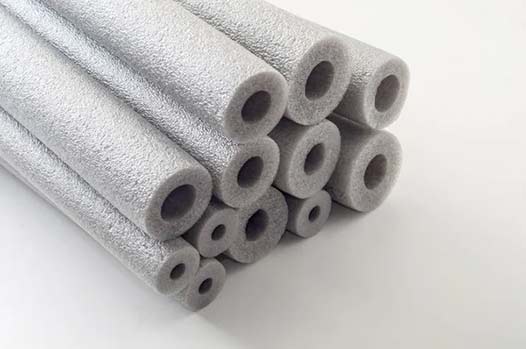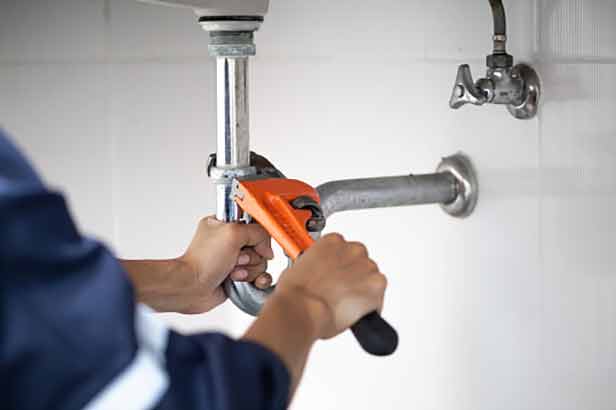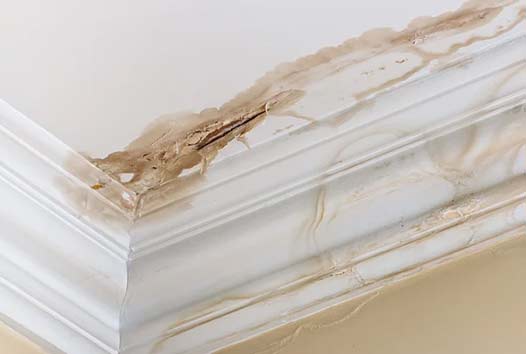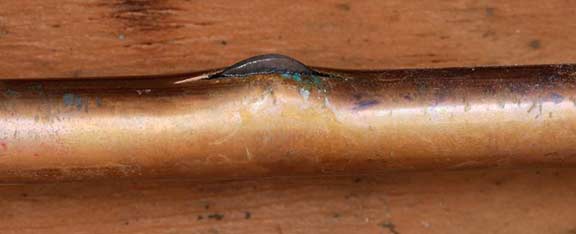Water damage caused by burst pipes can be a costly and devastating problem for homeowners. From ruined furniture and flooring to extensive repairs, the consequences of water damage can be overwhelming. However, with some simple precautions and preventative measures, you can safeguard your home from burst pipes and avoid the headache of dealing with water damage. In this article, we will provide you with valuable tips and guidance on how to protect your home and mitigate the risk of burst pipes.
Understanding the Causes of Burst Pipes
Before we dive into preventative measures, it is crucial to understand the common causes of burst pipes. By identifying and addressing these potential issues, you can significantly reduce the risk of water damage from burst pipe emergencies in your home.
Extreme Temperatures: One of the main causes of burst pipes is freezing temperatures. When water freezes inside the pipes, it expands, putting immense pressure on the pipes. This pressure can cause weak points in the pipes to burst, leading to significant water damage.
Poor Insulation: Inadequate insulation is another factor that contributes to burst pipes. Uninsulated or poorly insulated pipes are more susceptible to freezing and bursting during cold weather.
Age and Wear: Over time, pipes can become weakened due to corrosion, rust, or general wear and tear. Older pipes are more likely to develop cracks or burst under pressure.
Now that we have identified the primary causes of burst pipes let us discuss some effective measures you can take to safeguard your home.

To protect your pipes from freezing temperatures, make sure they are adequately insulated.
Preventative Measures: How to Safeguard Your Home from Burst Pipes
1. Insulate Your Pipes:
To protect your pipes from freezing temperatures, make sure they are adequately insulated. Insulation sleeves or foam pipe covers can be easily installed to keep the heat contained within the pipes. Focus on areas with exposed pipes, such as basements, attics, and crawl spaces.
2. Seal Air Leaks:
Air leaks around pipes can lead to a drop in temperature and increase the chances of freezing. Inspect your home for any gaps or cracks near pipes and use caulk or insulation to seal them. This will help maintain a stable temperature and reduce the risk of burst pipes.
The Importance of Proper Maintenance
Besides taking preventative measures, regular maintenance plays a vital role in preventing burst pipes and mitigating water damage. Here are some essential maintenance tasks to prioritize:
Visual Inspections:
Regularly inspect your pipes for any signs of damage, such as cracks, leaks, or corrosion. Pay close attention to areas prone to moisture, such as under sinks, around appliances, and near the water heater. If you notice any issues, address them promptly to prevent further damage.
Drain and Insulate Outdoor Faucets:
Before the winter season arrives, make sure to drain and disconnect any garden hoses. Shut off the outdoor water supply and insulate any outdoor faucets or pipes. This will prevent water from freezing and causing damage to the pipes.
Schedule Professional Inspections:
Consider scheduling regular inspections with a qualified plumber. A professional can assess the condition of your pipes and identify potential vulnerabilities that may lead to burst pipes. They can also provide guidance on the best course of action to mitigate any risks.

Contact an emergency plumber or emergency water damage restoration service as soon as possible.
Take Action in Case of a Burst Pipe
Despite our best efforts, emergencies can still occur. If you experience a burst pipe, it is crucial to act quickly to minimize water damage and protect your home. Here are the immediate steps you should take:
Shut Off the Water:
Locate your main water shut-off valve and turn it off immediately to stop the flow of water. It is essential to familiarize yourself with the location of this valve before an emergency occurs.
Open Faucets:
Next, open all faucets in your home to drain the remaining water from the pipes. This will relieve pressure and help prevent further damage.
Call a Professional:
Contact an emergency plumber or 24 hour plumbing service as soon as possible. They have the expertise and equipment to assess the situation, repair the burst pipe for you, and minimize water damage.
Conclusion
Water damage caused by burst pipes can be a nightmare for homeowners. However, by understanding the causes of burst pipes and implementing preventive measures, you can significantly reduce the risk of water damage. Insulating pipes, sealing air leaks, conducting regular maintenance, and knowing how to react in case of a burst pipe are all essential steps towards safeguarding your home. Remember, your proactive actions today can save you from costly repairs and the stress of dealing with water damage in the future.

